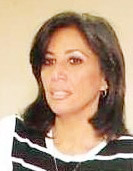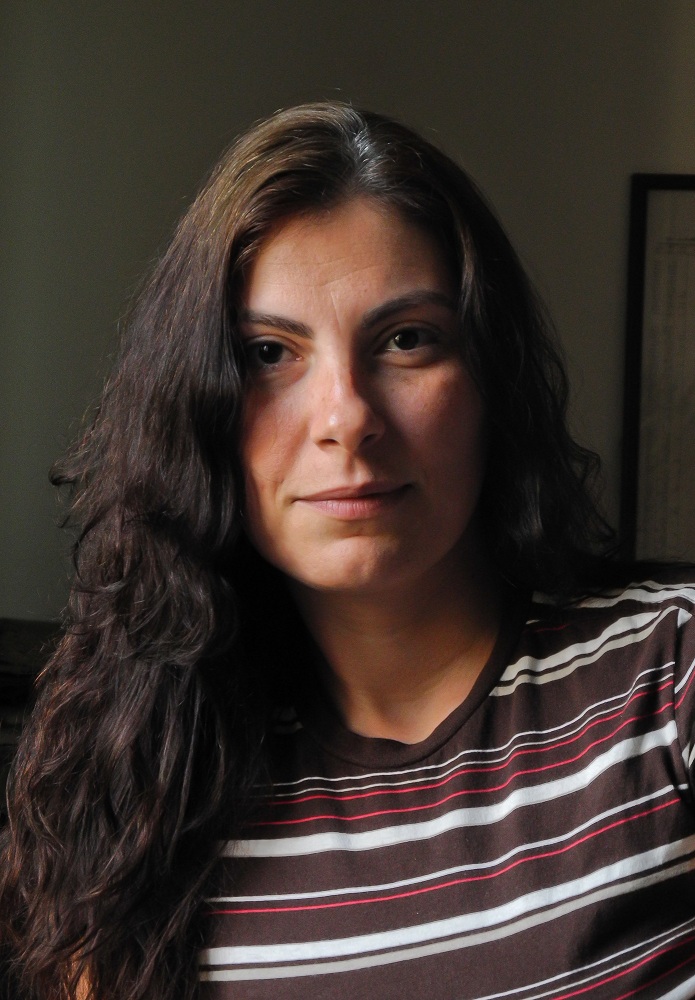 Voiceless, invisible, submissive and oppressed that is how Arab women have, for decades, been perceived by the West. Then came the mass uprisings in Tunisia, Egypt, Yemen , Libya and Syria . The images of women defiantly protesting alongside men shocked the world and shattered the stereotypes of Arab women. Eighteen months on, however, the women in the Middle East and North Africa find themselves facing enormous challenges. The winds of change sweeping the region have not ushered in the new opportunities sought after by pro-reform women- activists. Instead, those very winds of change seem to have blustered in another direction, reversing some of the progress made in recent years.
Voiceless, invisible, submissive and oppressed that is how Arab women have, for decades, been perceived by the West. Then came the mass uprisings in Tunisia, Egypt, Yemen , Libya and Syria . The images of women defiantly protesting alongside men shocked the world and shattered the stereotypes of Arab women. Eighteen months on, however, the women in the Middle East and North Africa find themselves facing enormous challenges. The winds of change sweeping the region have not ushered in the new opportunities sought after by pro-reform women- activists. Instead, those very winds of change seem to have blustered in another direction, reversing some of the progress made in recent years.
In Egypt, the women who took to the streets during last year’s 18-day uprising demanding “bread, freedom and social justice” are still struggling to find their place in a society wracked by political and economic instability. Their hopes for a better future have grown dimmer with a rise in conservatism following the victory of Islamists in Egypt’s first post–uprising parliamentary elections. Recent news has highlighted an alarming rise in the numbers of women subjected to sexual harassment and assault.
The status of Arab women in the changed socio-economic and political context of the region is the theme of a four- day seminar currently being held in the Swedish capital Stockholm. Co-hosted by the Alexandria-based Swedish Institute and Karama, a Washington- based NGO concerned with women’s issues, the meeting brought together 14 activists from the MENA region to discuss the impact of the Arab uprisings on women’s rights and how women could possibly counter the challenges facing them.
Participants recalled how the women in Tunisia and Egypt were at the front lines during last year’s protests, defying tear gas and putting their lives on the line for much-desired social, economic and political reforms. In Egypt, women and girls also volunteered as nurses, distributed food and conducted security checks at the entrances into Tahrir Square. They were also active on social media networks informing the world minute by minute, as the dramatic events unfolded in their country.
After Mubarak was toppled, however, Egyptian women were sidelined and marginalised. Throughout the transitional period, women were absent from key decision making positions. They were not invited to be part of a committee of “wise men” drafting constitutional amendments in March 2011 and there was only one woman minister in the interim cabinet (who was a holdover from the previous regime). Women were also grossly under-represented in the first-freely elected parliament, which has now been dissolved. A Mubarak-era quota reserving 64 seats for women was scrapped shortly before the legislative vote and women candidates won less than two percent of the seats in the People’s Assembly.
In Tunisia, only three out of the 41 transitional cabinet posts went to women. Despite Tunisia’s electoral law stipulating that candidate lists must include 50 percent women. Women won approximately 27 percent of the seats in the constituent assembly drafting the country’s new constitution. While they remain under-represented, the results mark an increased inclusion of women from previous elections (where women had 23 per cent representation.)
The so-called Arab Spring has culminated in the emergence of new religious parties. Islamists, who suffered persecution and torture at the hands of the ousted regimes and were barred from engaging in politics, have now consolidated their power in both Egypt and Tunisia. Secularists are concerned that the rise of political Islam and a growing trend of conservatism may not augur well for women’s rights.
While President Mohamed Morsy has sought to allay such concerns by promising to appoint a woman vice president and insisting that women’s rights would be protected under the law, the Brotherhood’s Freedom and Justice Party’s programme promises to ‘enable women to attain their rights in so much as they do not contradict the basic values of society.’
The statement suggests a conditional freedom but it may be too early to predict how this will be interpreted. The Islamist- dominated parliament, disbanded last month by a Constitutional Court ruling challenged some Mubarak-era laws that, according to some conservative MPs ‘contradicted Shari’a.’ Among these laws was the Khul’ which grants women the right to divorce their husbands.
Suggestions were also made to lower the age of marriage for girls to 12 and to de-criminalise the harmful practice of female genital mutilation.
Furthermore, the Muslim Brotherhood has dismissed the National Council for Women –a governmental agency set up to monitor and lobby for progress in women’s rights—as a ‘weapon of the former regime to destroy families’ in a statement on the Islamist group’s website.
Since the January 2011 Revolution, female protesters and journalists have been attacked and sexually assaulted on a number of occasions, in what appears to be a systematic targeting of women to force them to stay away from protests.
Virginity checks performed by a military doctor on female protesters in March last year triggered a wave of public condemnation and angry sit-ins outside the Ministry of Defence. In December 2011, Cairo’s Administrative Court declared an end to such humiliating tests in military prisons. A doctor, who allegedly conducted the checks, was however acquitted by a military court several months later. Meanwhile, in clashes between activists and security forces outside Parliament, a girl was beaten by army soldiers and stripped down to her blue bra. Pictures of the girl being dragged by the soldiers went viral on the Internet, drawing an international outcry. Thousands of female protesters marched through the streets of downtown Cairo following the tragic incident to express their indignation at the unprecedented level of violence, chanting ‘down with military rule’ and ‘women and girls are the red line.’
Hibaak Othman, founder and CEO of Karama told participants that the important question today was whether the women– alongside men in tear gas- filled squares- would be able to sustain their leadership roles as their countries transition into the messy process of forming electoral democracies. While some rights activists say the prospects look grim, Othman and other participants at the Stockholm seminar voiced a more optimistic view.
‘‘Women are actively working together, building coalitions, fostering dialogue and engaging with new constituencies such as youth. That can only yield fruitful gains for the women,’’ she said.
She added the Arab Spring must be seen as a window of opportunity for change as it has put the spotlight on the livelihoods of women. ‘’It is crucial that women become empowered to play a more active role, economically and politically,” Othman said. “If they are left behind, the whole society will suffer losses.’’
Fatma Khafagy, an activist and gender expert, meanwhile warned if women continue to be excluded from transitional councils, elections and constitutional committees, they will be left out of the new post-revolutionary societies built in the coming months and years. She stressed the importance of gender equality being enshrined in the constitution from the start.
Anissa Hassouna, Executive Director of the Magdy Yacoub Foundation meanwhile called on all secularists to close ranks and “strongly express their stand against the mixing of religion and politics.” Writer Azza Kamel wrapped up the seminar on an optimistic note.
“Only time will tell how the revolutions will ultimately impact the women who fought for freedom, dignity and a better future. What is clear however is that the revolutions have shifted the spirit of hope in the people, who now believe that they have the collective power to inspire, demand and effect change,” Kamel said. “Given the right tools, they could very well steer the region towards a better future.”



